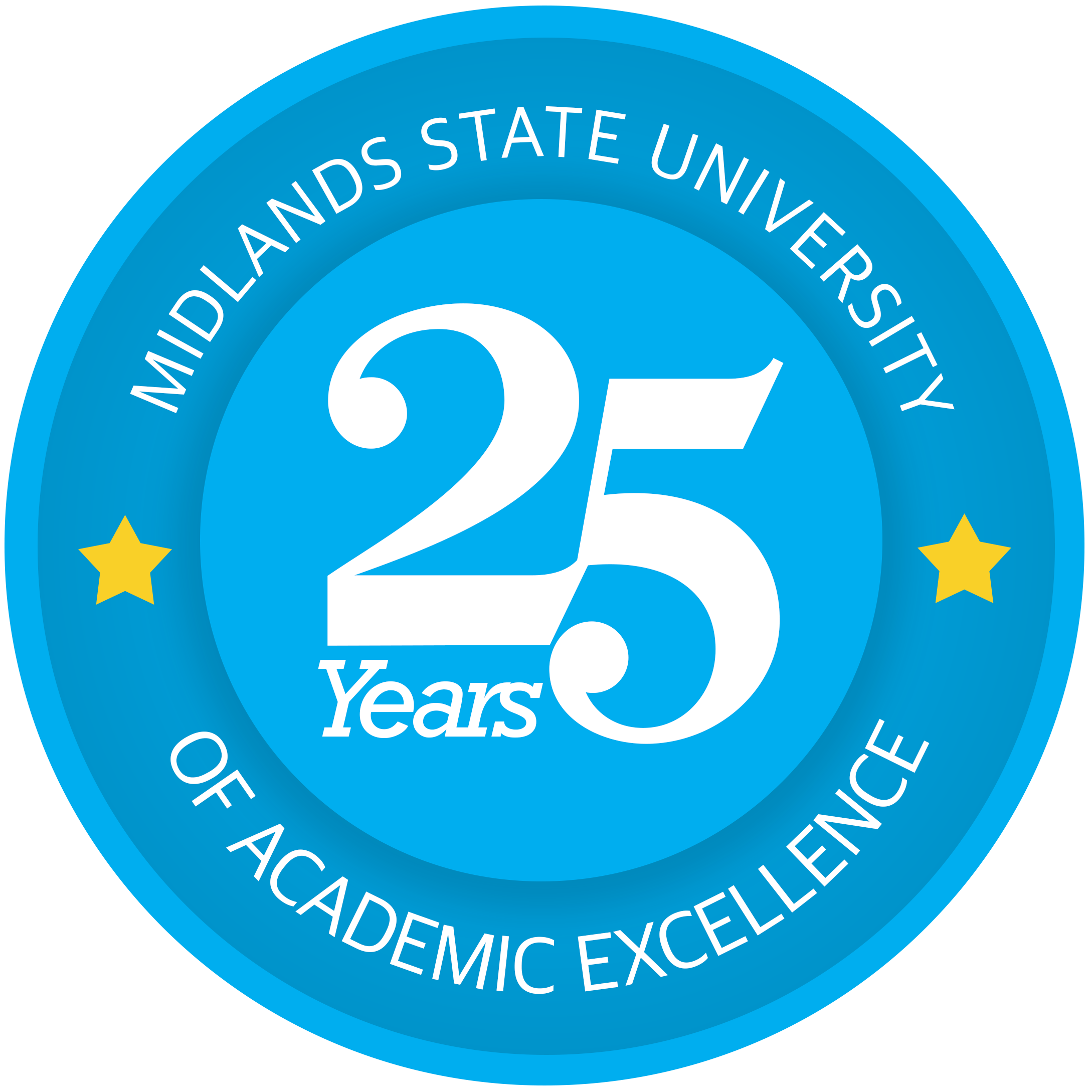Midlands State University’s Faculty of Education conducted an International Conference on African Education from the 26th to the 27th of September 2023 at the Gweru Main Campus.
Themed, ‘Decolonising Education for Equity, Peace, Innovation, Industrialisation and Sustainability in Africa,’ the conference focused on decolonising African education.
This blended conference brought together academics and educators from various countries to discuss the challenges facing education in Africa and how to overcome them and it also provided a platform for participants to share their ideas and experiences on decolonising education.
In his opening remarks, Acting Executive Dean-Faculty of Education, Dr. Gilbert Tarugarira, highlighted the importance of decolonising education in Zimbabwe and the implementation of Education 5.0.
Dr. Tarugarira emphasized that decolonisation also involves the empowerment of women and encouraged academic institutions to implement an organisational culture that promotes equality and increases female representation in leadership positions.
The conference had several sessions, each focusing on a specific aspect of decolonising education.
One of the sessions, titled, ‘Indigenous Knowledge Systems and Education,’ was chaired by Lecturer in the Faculty of Education, Department of Policy Studies of Leadership, Dr. Rosemary Guvhu.
The session explored the importance of incorporating indigenous knowledge systems in teaching and the use of Information Communication Technologies.
Another session, ‘Education and Curriculum,’ was chaired by Dr. S. Musingarabwi and Dr. E. Manyumwa.
The session focused on improving the education curriculum by scholars and academics, including the elimination of gender biased language and the gender digital divide in education institutions.
Science, Technology, Engineering and Mathematics (STEM) session was chaired by Dr. A. Moyo and Dr. M. Mugomba.
The session emphasized the importance of integrating ICT in education to improve the IT literacy of schools.
Presentations were made on the improvement of education in science, technology, engineering and mathematics.
The session on ‘STEM, Pedagogy and Innovation,’ chaired by Dr. E. Hungwe and Mr. S. Njini, focused on the improvement of education in science, technology, engineering and mathematics.
This session also discussed the importance of incorporating ICT in education to improve the IT literacy of schools.
The session on Education, Language and Gender, chaired by Dr. S. Shoko and Dr. A Moyo, explored the elimination of gender biased language and the gender digital divide in education institutions.
Incorporation of ICT in education to improve the IT literacy of schools was the highlight for the session.
The session on, ‘Education and ECD,’ chaired by Dr. N. Manzunzu and Dr. A. Rwodzi, focused on the improvement of education in Early Childhood Education and the mitigation of the risks associated with orphans and vulnerable children.
Improvement of education for students with hearing impairments as well as the use of indigenous traditional games and dances in teaching was the limelight for the session on, ‘Education and Pedagogy,’ chaired by Dr. W. Zivenge and Dr. S. Shumba.
The session on Innovative Pedagogy, Decolonization and Peace Education, chaired by Dr. S. Mashingaidze and Dr. J. Masimba, emphasized the need for the development of new meaningful knowledge, pedagogies and teaching materials for a decolonized peace education.
Decolonising Western food epistemologies and the language of policies in sub-Saharan Africa, decolonising the language of policies and how the Zimbabwean history curriculum for peace can be reframed was the theme for the session chaired by Mr. S. Njini and Ms. T. Mwase.
In her closing remarks, Acting Deputy Dean-Faculty of Education, Dr. Annah Moyo, noted that the presentations made in the conference will help achieve the United Nations Sustainable Development Goal 4, which aims at ensuring inclusive and equitable quality education and the promotion of lifelong opportunities for all.
Overall, the conference highlighted the importance of decolonising education in Zimbabwe and the implementation of the heritage-based Education 5.0 philosophy.


